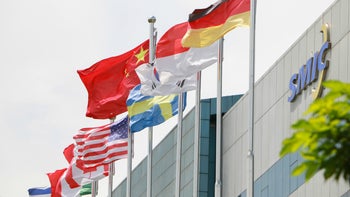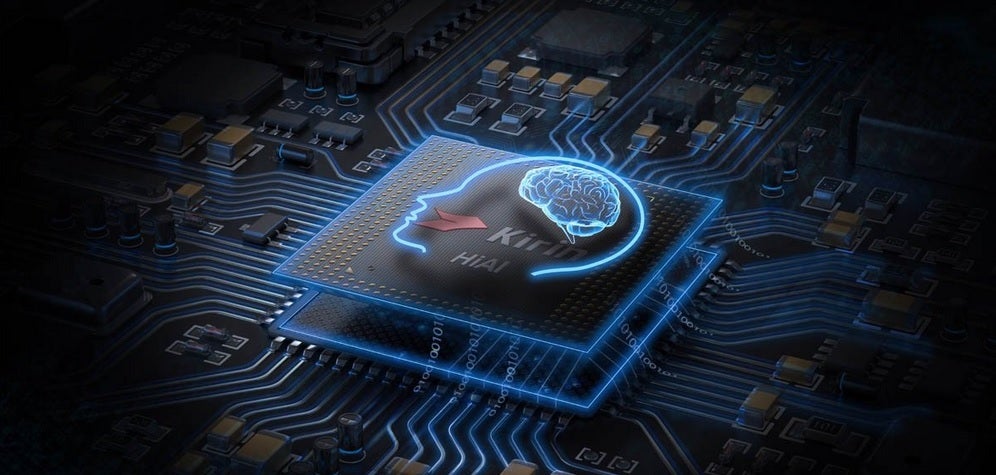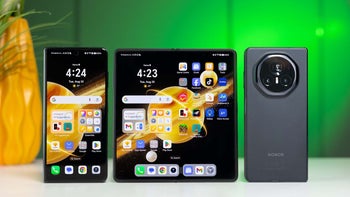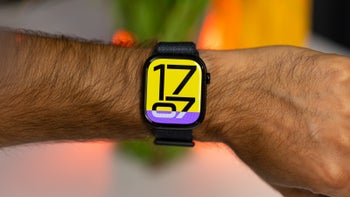China's largest chip producer restricted from access to its U.S. supply chain

China's largest foundry is Semiconductor Manufacturing International Corp. (SMIC). Because it doesn't have the equipment necessary to manufacture cutting-edge 5nm chips or even 7nm chips, SMIC is not an option that Huawei can use right now to churn out its 5nm Kirin 9000 chipsets. TSMC, the world's largest independent foundry, was producing the Kirin 9000 for Huawei until the middle of last month when a new export rule kicked in. That rule requires any foundry using U.S. technology to manufacture chips, to obtain a license before shipping components to Huawei.
The U.S. reportedly informs SMIC's American suppliers of new export restrictions
As we told you last week, there is speculation that the U.S. will restrict the export of certain materials to SMIC without a license obtained from the U.S. The Trump administration reportedly fears that SMIC's chips, while not the most cutting-edge semiconductors, could be used on Chinese military goods. Today, Reuters reports that SMIC has had "preliminary exchanges" with the U.S. Bureau of Industry and Security about the possible export restrictions. This was disclosed in a filing made by the foundry today to the Hong Kong Stock Exchange. In the document, SMIC noted that it "is conducting assessments on the relevant impact of such export restrictions on the company’s production and operation activities."

SMIC produces the Kirin 710A chipset for Huawei
However, it might be too late to stop the U.S. from moving forward with the new export restriction. Bloomberg says today that SMIC issued a statement on Sunday saying that it is evaluating the impact of the export restriction on its business and operations. The report states that U.S. suppliers to the Chinese foundry have received letters from the Bureau of Industry and Security indicating that their shipments to SMIC are restricted.
When reports first indicated that SMIC faced export restrictions issued by the U.S., the company made it clear that it had no relationship with the Chinese military. At the same time, it did say that it hadn't received any notice from the Department of Commerce related to any restrictions. SMIC would be heavily impacted by such a restriction since it uses materials sourced from the states or from America's allies to manufacture chips for customers.
Huawei did turn to SMIC to produce the 14nm Kirin 710A chipset that powers the Honor Play 4T. But again, 14nm is not 5nm. The difference is that the latter has a transistor density of 171.3 million transistors per square mm compared to roughly 43 million transistors per square mm used on 14nm components. SMIC has reportedly been trying to acquire advanced lithography equipment that would allow it to mark up wafers with extremely thin lines allowing more transistors to be placed inside a chip. The higher the transistor density figure for a chip, the more powerful and energy-efficient it is.
If Bloomberg's report is correct, SMIC becomes the latest tech company in China to have its business controlled by the United States. Last year, Huawei was placed on the U.S. Entity List which prevents the company from accessing its U.S. supply chain without a license. This includes hardware and software such as the Google Mobile Services version of Android and the Google ecosystem. This year, as we've already mentioned, Huawei has been blocked from receiving chips (even ones designed by its HiSilicon unit) produced by foundries using U.S. tech. And Chinese owned apps TikTok and WeChat face getting banned in the states after executive orders were signed by President Donald Trump. The U.S. fears that through the use of backdoors, Chinese tech firms steal data from American consumers and corporations and have this information sent to Beijing where it is acquired by the Communist Chinese government. It is important to understand that these are allegations and there is no proof that this misuse of data has ever occurred.













Things that are NOT allowed: